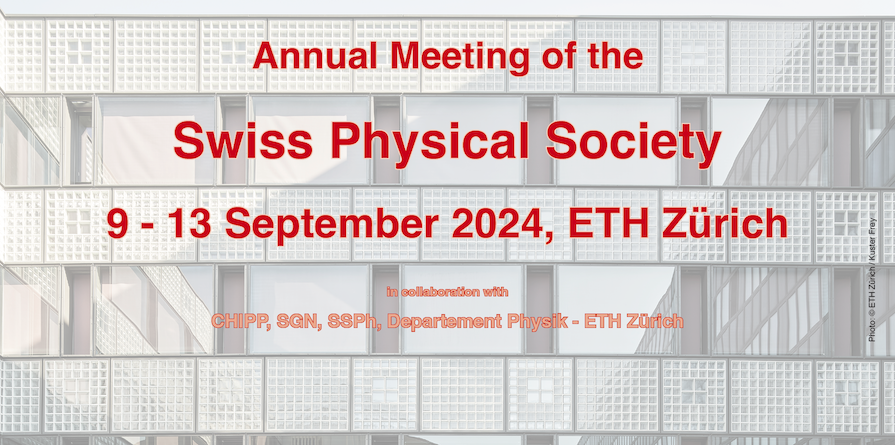Speaker
Niklas Houba
(ETH Zurich)
Description
The proposed LISA mission is tasked with detecting and characterizing gravitational waves from various sources in the universe. This endeavor is challenged by transient displacement and acceleration noise artifacts, commonly called glitches. Uncalibrated glitches impact the interferometric measurements and decrease the signal quality of LISA's TDI data used for astrophysical data analysis. The paper introduces a novel calibration pipeline that employs a neural network ensemble to detect, characterize, and mitigate transient glitches of diverse morphologies. The research highlights the critical role of machine learning in advancing methodologies for data calibration and astrophysical analysis in LISA.
Author
Niklas Houba
(ETH Zurich)
Co-authors
Luigi Ferraioli
(ETH Zurich)
Domenico Giardini
(ETH Zurich)
